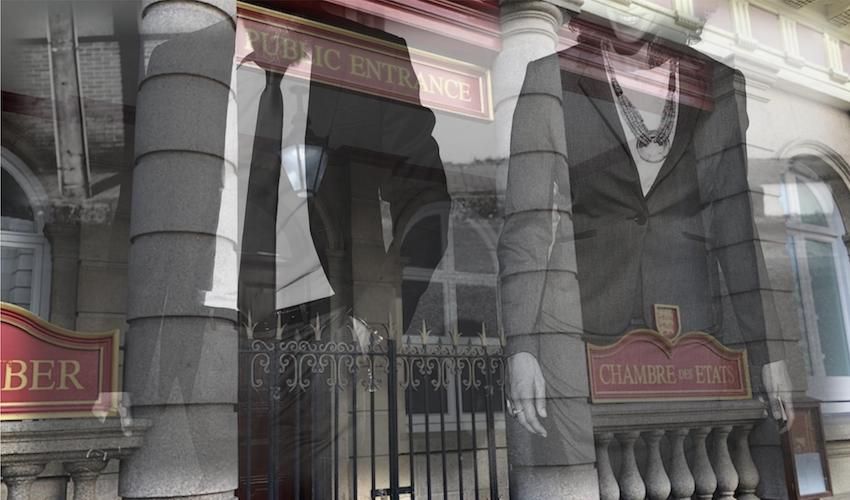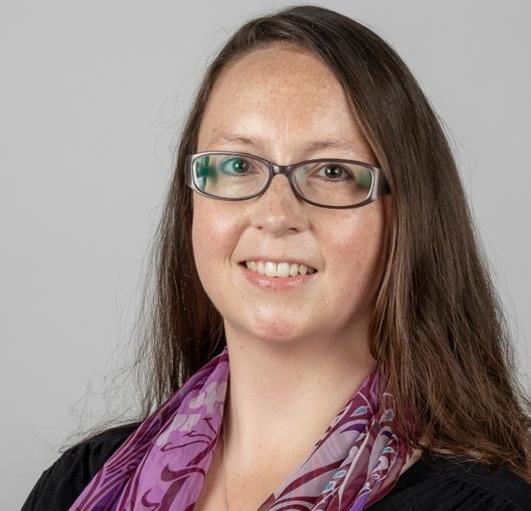

From representation in the Assembly to the artwork on the walls, the States has been blasted as “overwhelmingly a male institution” by a critical report examining gender equality in Jersey politics.
Requiring the Chief Minister to hire both a male, and female Assistant Chief Minister, renaming parts of the States building after influential Jersey women and making the rules of the Assembly gender neutral are just some of the measures put forward in the report to address gender inequality in the States.
Detailing a catalogue of instances demonstrating a disparity between the political support expressed for gender equality in the open forum of the Assembly and the way some States Members conduct themselves in private, the report calls for more consideration of women and equality in every aspect of the States’ work.
Penned by the Diversity Forum – a panel tasked with ensuring that the States Assembly is representative of the island’s population - the report carries out a globally recognised audit which seeks to examine how “gender sensitive” parliaments are.

Pictured: The report takes aim at the representation of men and women in the States.
The forum is chaired by Deputy Louise Doublet and its members are Deputies Jess Perchard and Kirsten Morel alongside journalist Lucy Stephenson and former States Member Peter McLinton. Together, they carried out the Inter-Parliamentary Union Gender Sensitive Parliament Audit on the States and made a series of recommendations based on their findings.
In her foreword, Deputy Doublet recalls how she was “struck” after moving from the “female-dominated profession” of primary school teaching to her life as a politician where she “was frequently the only woman in the room.”
Noting that this year there are 14 female States Members in comparison to 35 men, Deputy Doublet asks: “Where are all the missing women? Are we really getting the best, most able, elected members from our population? According to OECD data, girls outperform boys at all levels of education. I believe men and women are equally capable of doing politics effectively.

Pictured: The Diversity Forum is chaired by Deputy Louise Doublet.
“Women, from a diverse range of backgrounds and a range of ages, must be present amongst our legislators alongside men. But they must also be active participants within the political system at all levels. This report examines some of the barriers to the full participation of both sexes and makes recommendations for ways we can work towards improving things.”
From the gender split in the chamber to the predominantly male artwork that hangs on the walls, the report takes aim at most aspects of States Assembly life.
The report highlights a stark contrast between the way gender equality is addressed in the public forum of a States sitting but, the Forum say, this is not always echoed in the way Members conduct themselves in private.
It states: “There is little open opposition to gender equality in the Assembly but in private the issue tends to be minimised and treated as a niche concern of a handful of Members.”
The report continues, saying that “States Members tend not to understand the effects of masculine culture and language on women’s participation in politics. When the issue is raised, some politicians assume immediately that women are campaigning for quotas. There is a lack of subtlety in the debate and an unwillingness to listen to the arguments and think about the issues.

Pictured: The report exposes a stark contrast between how the issue of gender equality is treated in public and private.
“Too often women’s concerns are dismissed as ‘complaining’ and it is assumed that elections invariably result in the ‘best person for the job’ being elected. Some male and female leaders adopt patriarchal attitudes, contributing to the dismissal of women’s concerns.”
The Forum also said that “openly misogynistic speeches and comments in the Assembly are rare but are not usually challenged. Indirect comments or insinuations about women are more frequent and also tend to go unchallenged.”
It also characterised the States Assembly culture as one where, despite there being “no formal dress code for women… some women Members have been privately admonished for inappropriate clothing, which undermines women.”
In total, the Forum makes 22 separate recommendations to make the States Assembly more “gender sensitive” including:
Comments
Comments on this story express the views of the commentator only, not Bailiwick Publishing. We are unable to guarantee the accuracy of any of those comments.